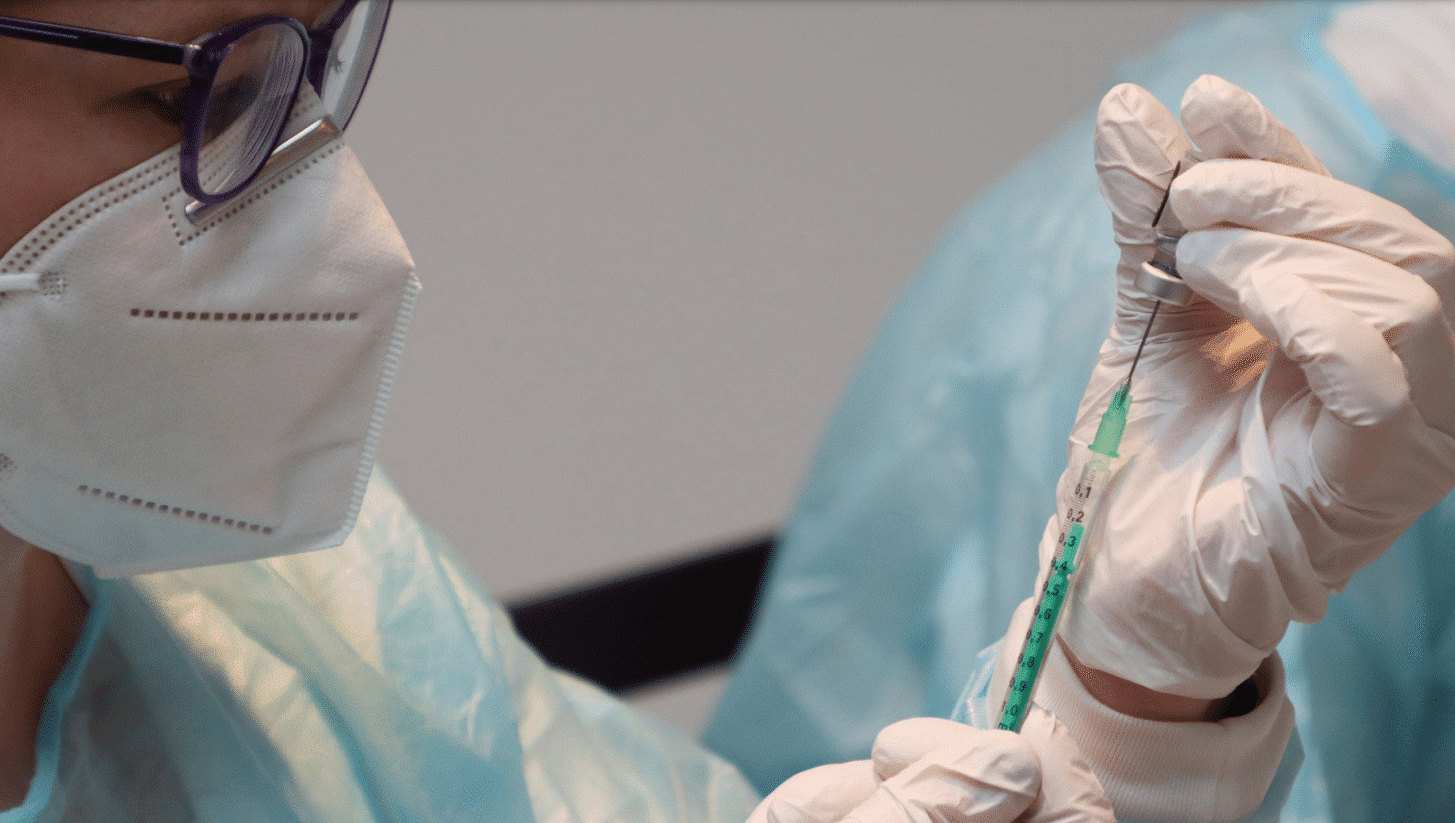Today, during an online event together with different international organizations, we presented our report Licensing and access to health technologies: overcoming the obstacles to public on public investment in R&D, which we produced together with Health Action International.
Both the event and the report sets out from the assumption that public support for research and development of biomedical products is important for scientific progress and for enabling innovative health technologies to reach markets and patients. Such support, whether financial or in-kind, is essential in the early stages of research for products such as vaccines or CAR-T therapies.
Regrettably, more often than not, the end products are subsequently marketed by private companies at exorbitant prices that generate massive profits for them. Ensuring performance and social return on public investment remains a major challenge for all funders and public research institutions.
Through interviews with institutions around the world and experts in technology transfer, the new report addresses the main issues affecting the public and non-exclusive licensing of research undertaken by publicly supported institutions. It discusses not only legal and administrative obstacles, such as intellectual property rights, but also the internal policy dilemmas faced by practitioners and institutions.
It also provides a comprehensive analysis of what works, what does not work and what can be improved to ensure better access to health technologies developed with public support. Accordingly, the report offers five final recommendations relating to the market, intellectual property rights, licensing barriers, funding and ad-hoc initiatives.
You can read the full report here.













